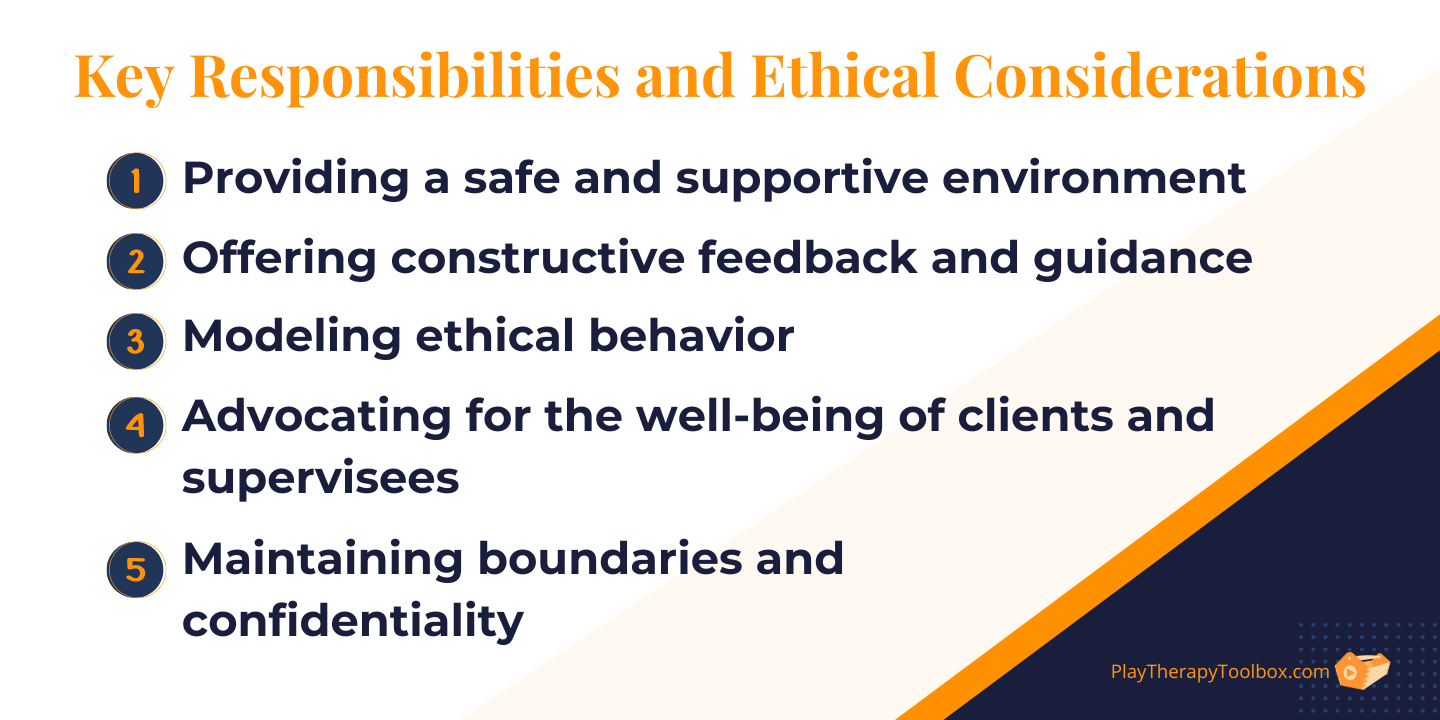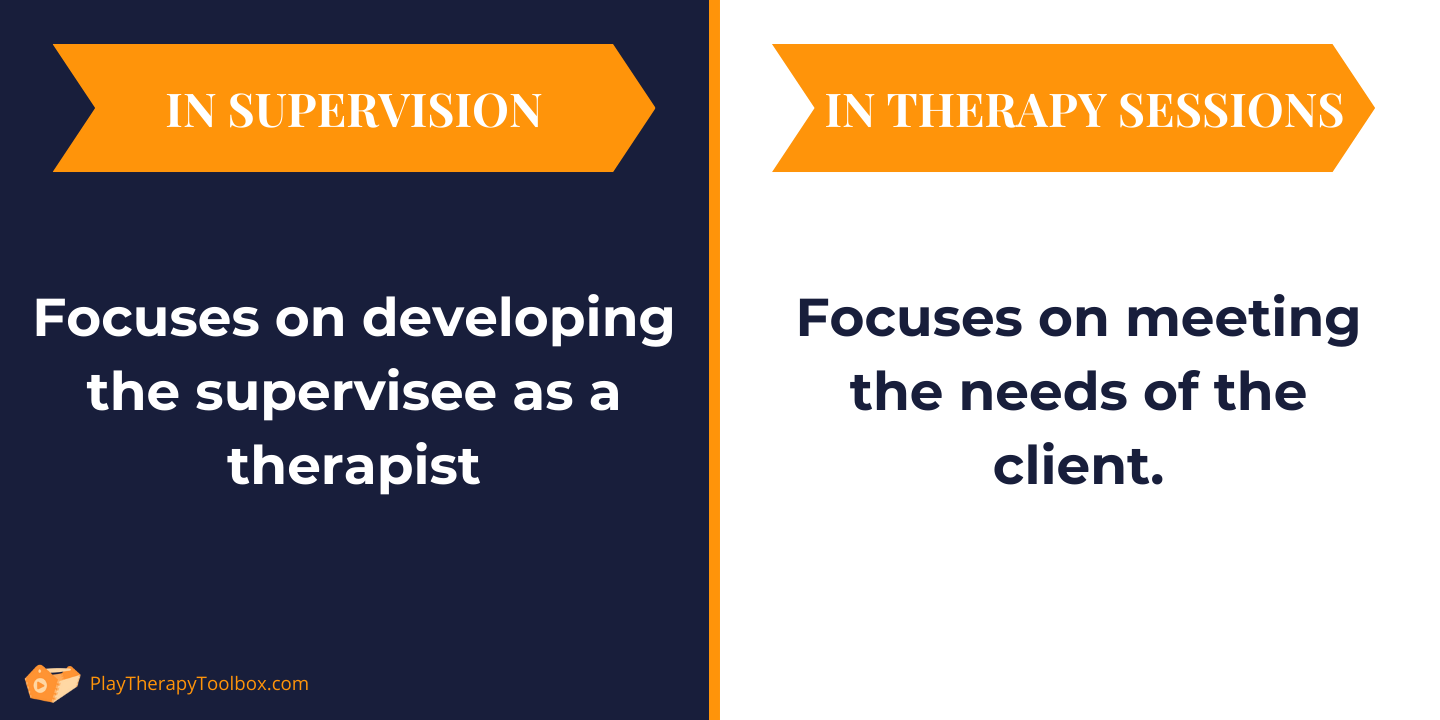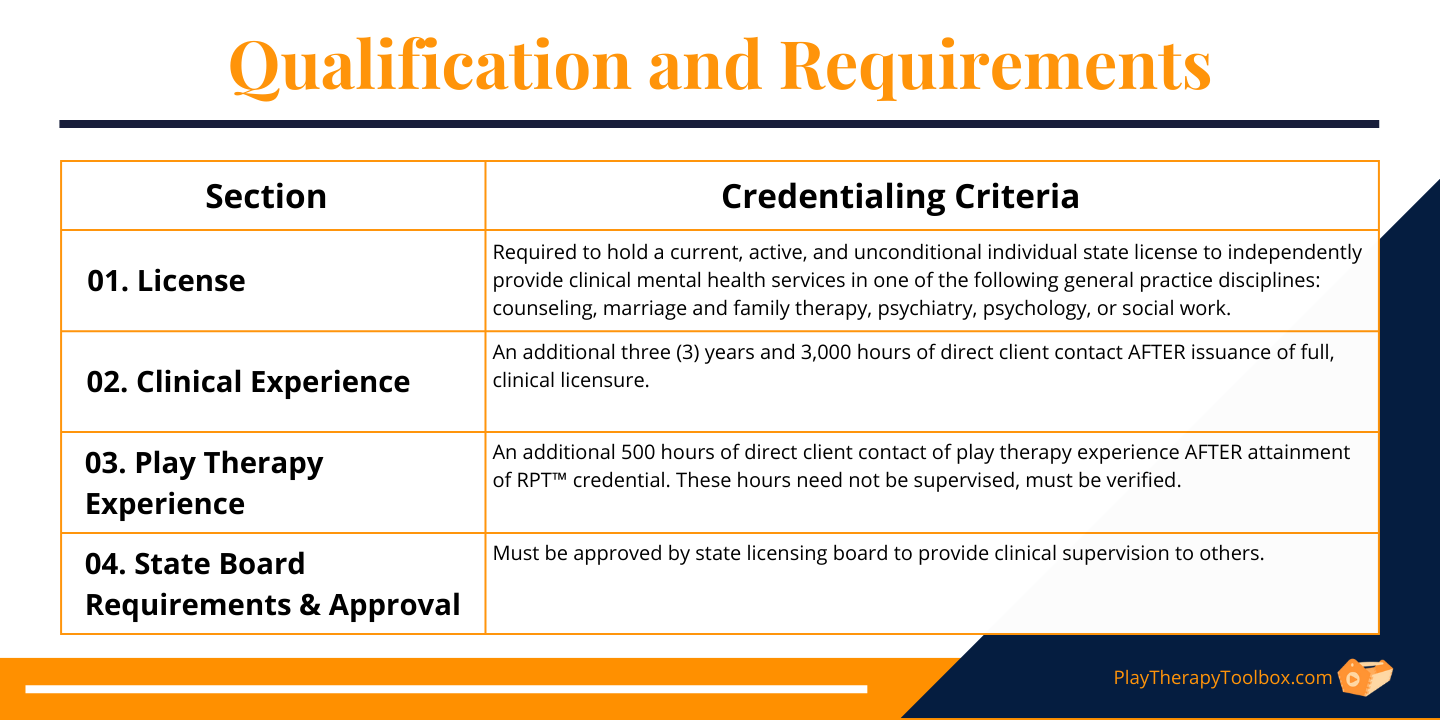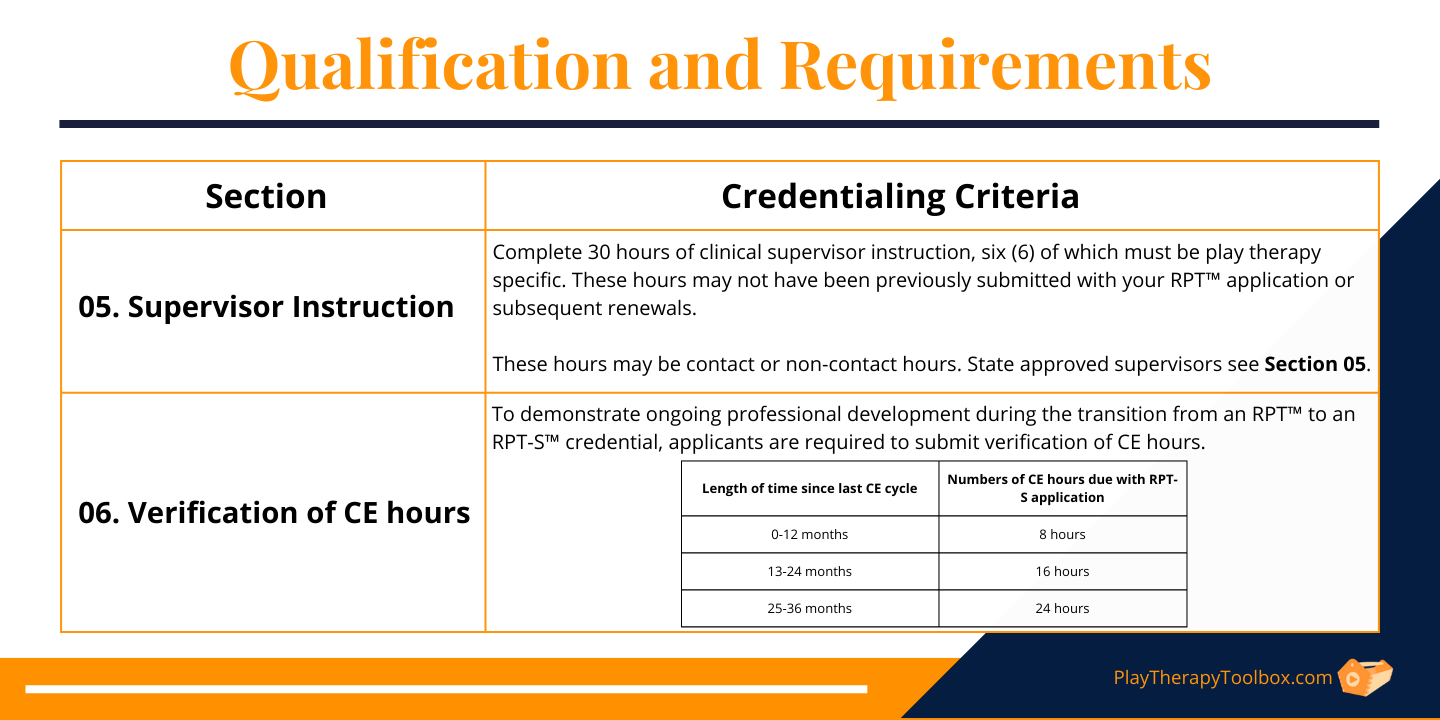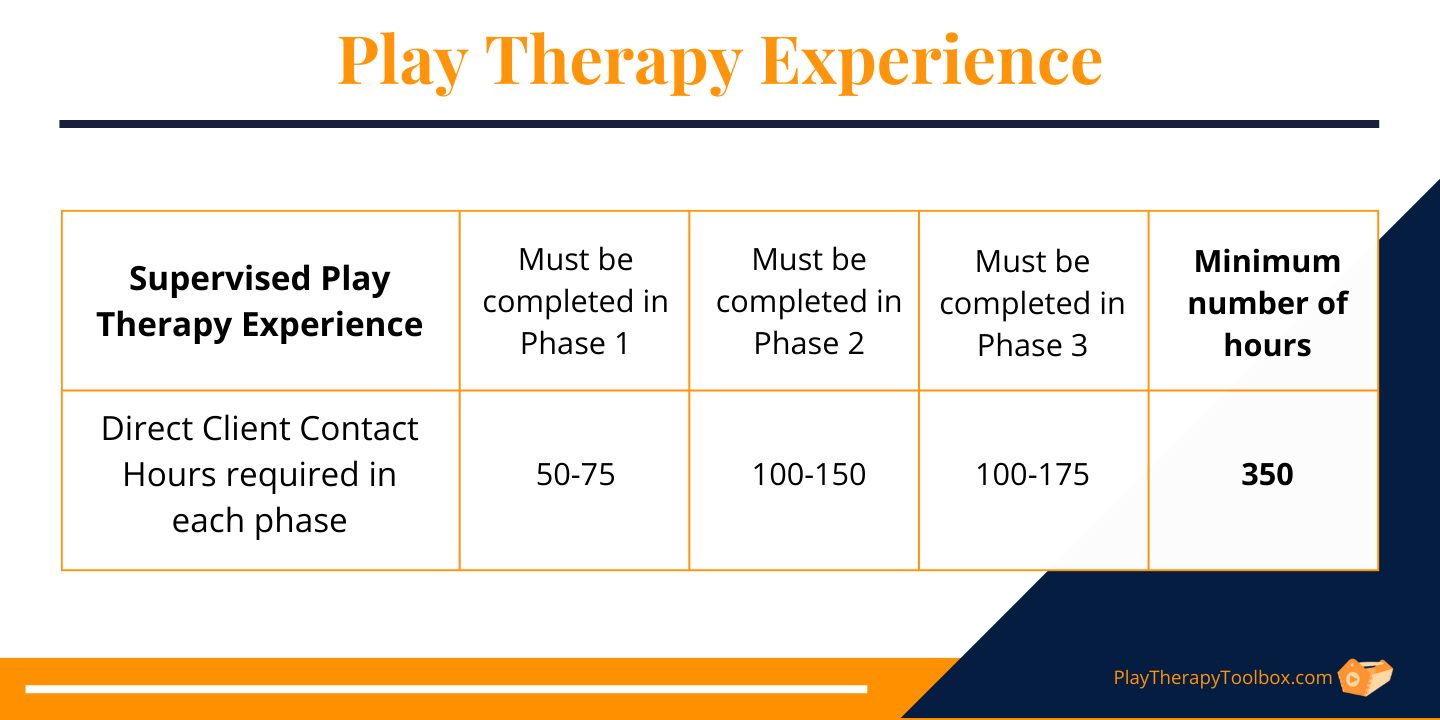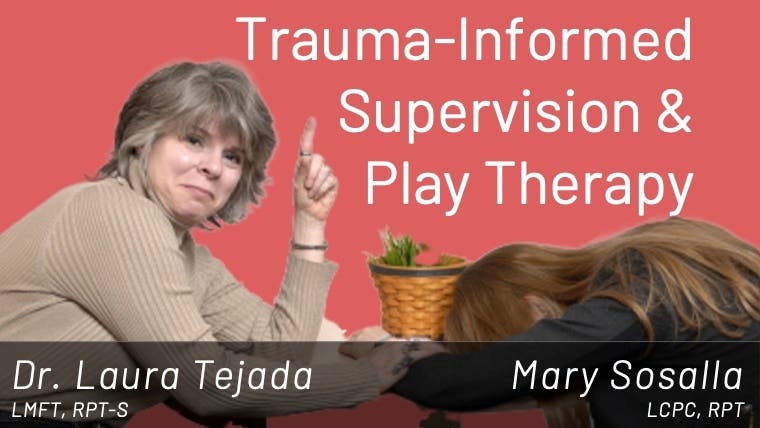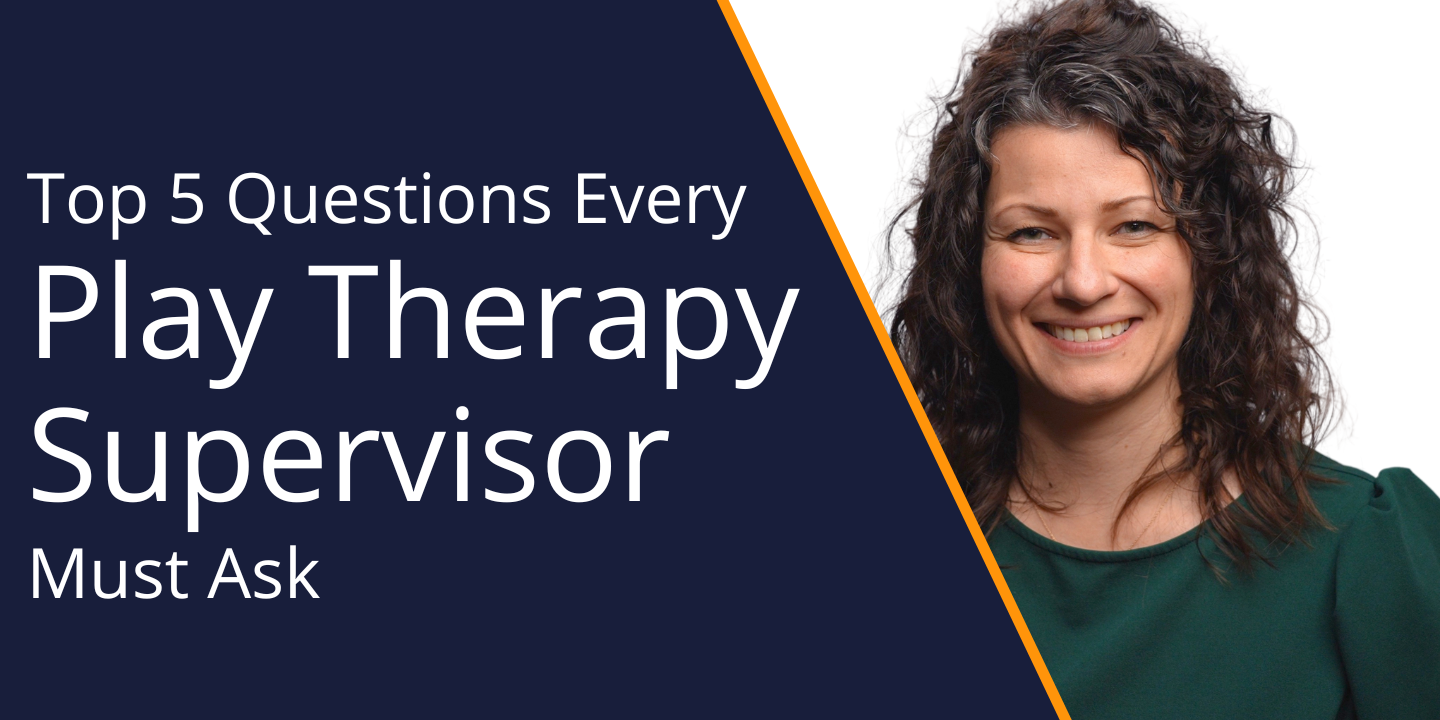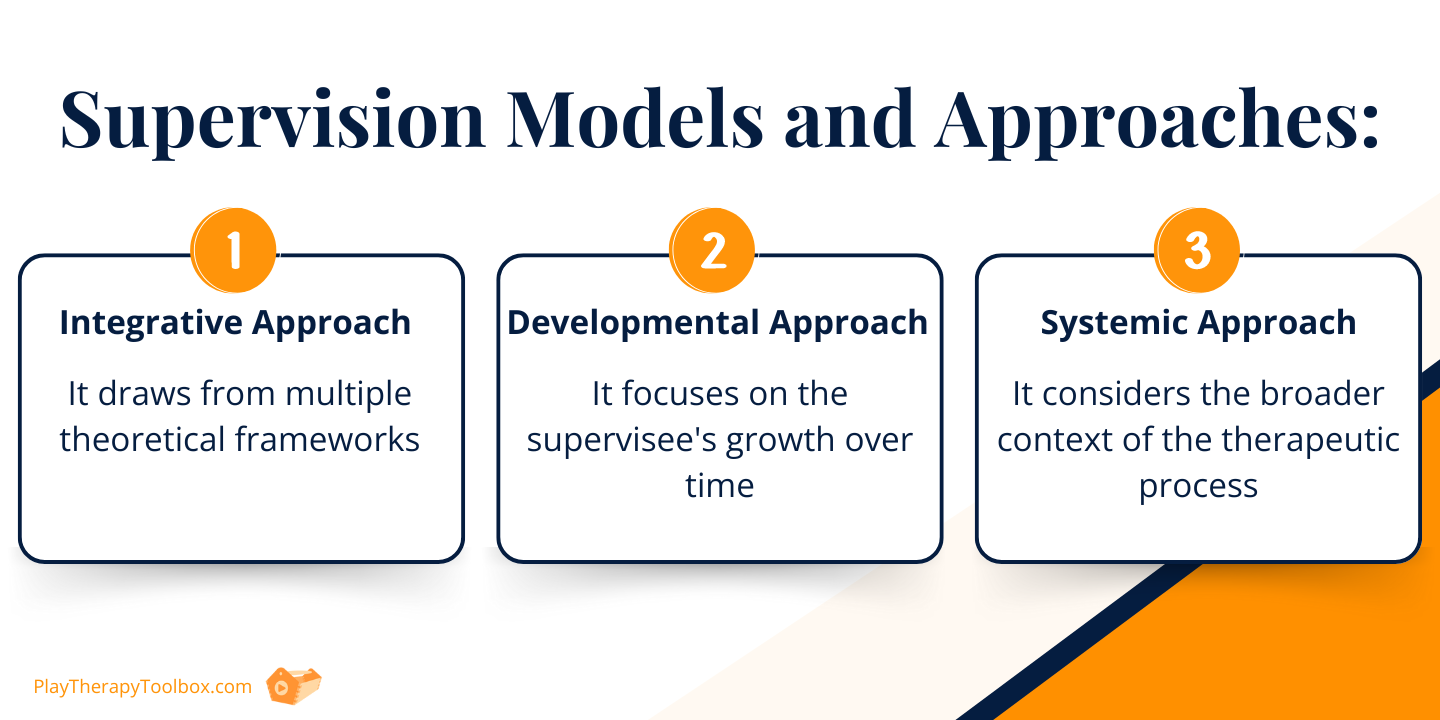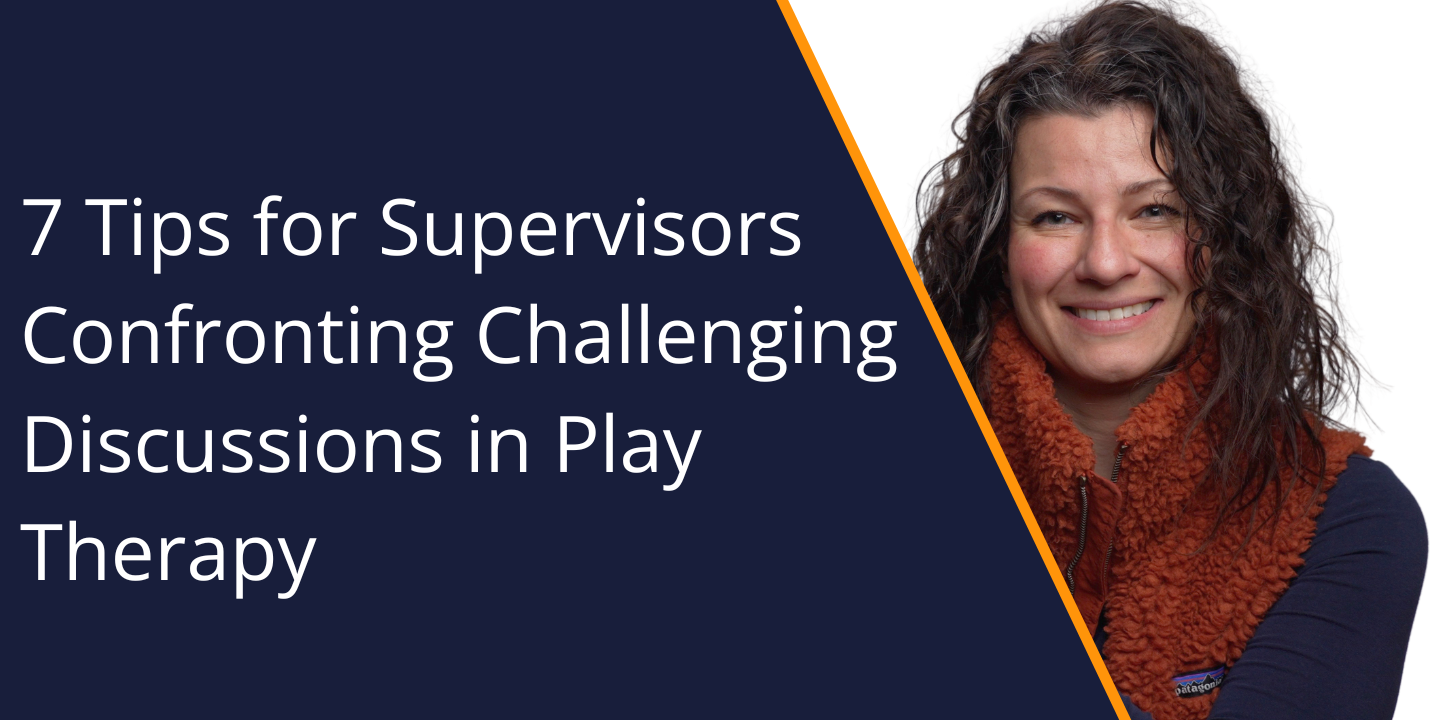How to Become a Registered Play Therapist Supervisor
– 2024 Ultimate Guide –
Welcome to the Ultimate Guide to Becoming a Registered Play Therapist-Supervisor™ (RPT-S™)!
This comprehensive resource is your go-to source for navigating the journey to becoming a Registered Play Therapy-Supervisor.
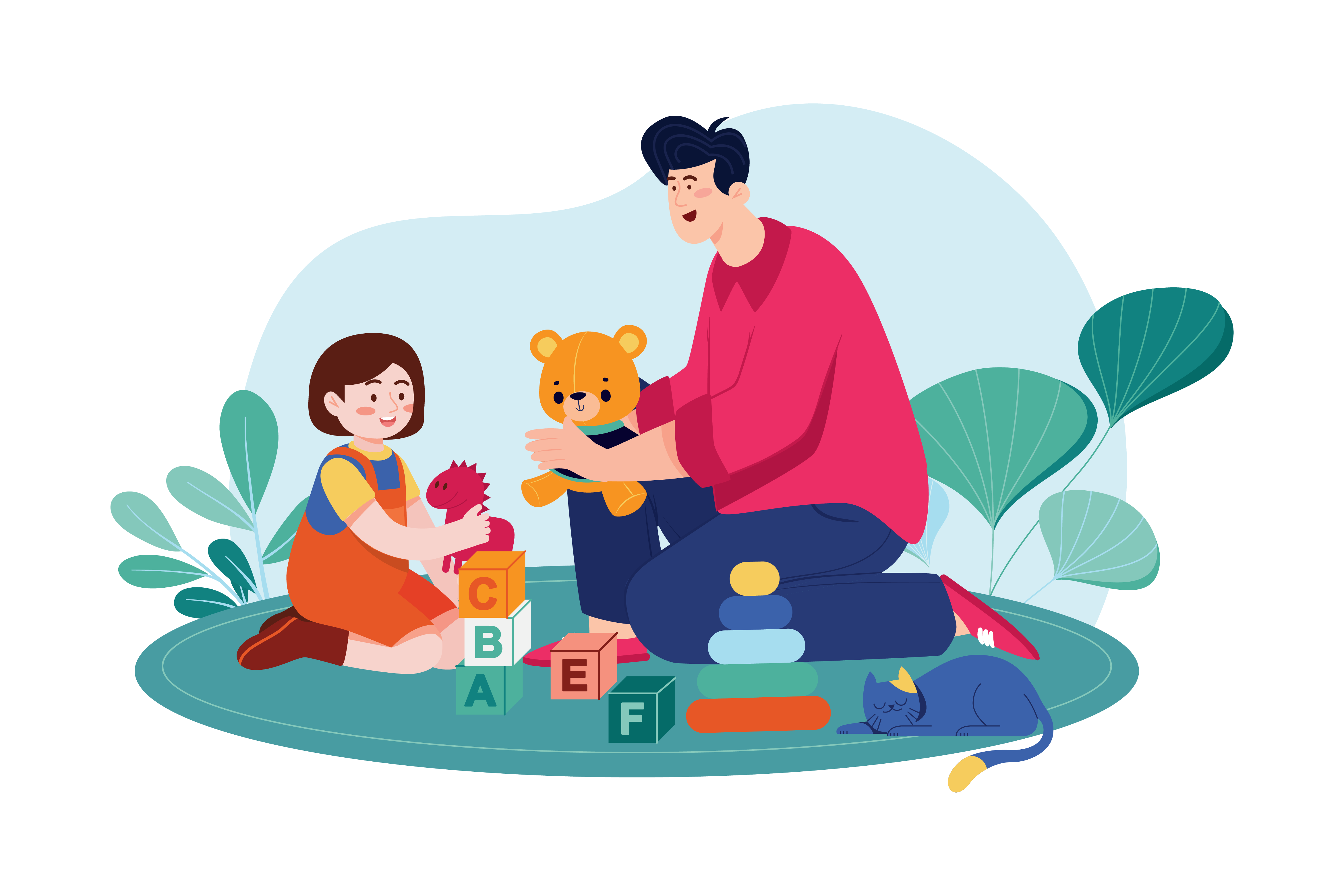
In this guide, we’ll cover the qualifications, responsibilities, and ethical considerations involved in this vital role, empowering you to guide aspiring play therapists with confidence and integrity.
Understanding the Role of a Registered Play Therapist-Supervisor™ (RPT-S™)
So, what exactly does it mean to be a Registered Play Therapist-Supervisor™? Essentially, it’s about being a mentor, a guide, and a support system for those entering the world of play therapy.
As an RPT-S™, you’ll play a crucial role in shaping the next generation of therapists, providing them with the guidance and support they need to succeed. Let’s break down what this role entails:
Definition and Scope of Play Therapy Supervision
At its core, play therapy supervision involves providing support, guidance, and education to therapists-in-training or practicing therapists who are working with clients in a play therapy context.
The scope of play therapy supervision can vary depending on the needs of the supervisee and the context in which they’re practicing.
It may involve:
- Reviewing case material
- Observing therapy sessions
- Providing feedback and guidance
- Offering resources and support to help the supervisee grow both personally and professionally.
Key Responsibilities and Ethical Considerations
As a Registered Play Therapist-Supervisor™, you’ll have a range of responsibilities to fulfill. These may include:
- Providing a safe and supportive environment for supervisees to explore their work and learn from their experiences.
- Offering constructive feedback and guidance to help supervisees enhance their clinical skills and deepen their understanding of play therapy principles.
- Modeling ethical behavior and adherence to professional standards in all aspects of supervision.
- Advocating for the well-being of both clients and supervisees and addressing any ethical concerns or conflicts that may arise.
- Maintaining appropriate boundaries and confidentiality in all interactions with supervisees.
It’s essential to uphold the highest standards of ethical practice, including respecting the autonomy and dignity of clients, maintaining confidentiality, and avoiding conflicts of interest or dual relationships.
By adhering to these principles, you can create a safe and ethical supervisory environment where supervisees can thrive.
Grow Your Supervision Skills with our “Developmental Supervision in Play Therapy” Course
Differentiating Between Supervision and Therapy Sessions
One crucial aspect of play therapy supervision is understanding the distinction between supervision and therapy sessions. While both involve therapeutic work, they serve different purposes and follow different guidelines.
- In supervision, the focus is on the development and growth of the supervisee as a therapist. The supervisor’s role is to provide guidance, feedback, and support to help the supervisee improve and deepen their understanding of play therapy.
- In contrast, therapy sessions are focused on meeting the needs of the client. The primary role is to facilitate the therapeutic process, using play therapy techniques to help the client explore and address their emotions, behaviors, and experiences.
Both supervisors and supervisees need to understand and respect this distinction.
While supervision may involve discussing client cases and therapy techniques, the focus should always remain on the supervisee’s professional development and growth.
Qualifications & Requirements
Embarking on the journey to become a Registered Play Therapist-Supervisor™ requires dedication, education, and experience. Let’s delve into the key components that you’ll need to fulfill to meet the qualifications and requirements:
Educational Prerequisites: Degrees, Certifications, and Licensing Requirements
To qualify for RPT-S™ certification, you’ll need to have a solid educational foundation. This typically includes a master’s or doctoral degree in a mental health-related field.
Additionally, you’ll need to hold a valid license to practice independently as a mental health professional in your state or country.
Clinical Experience: Minimum Hours of Direct Client Contact
Experience is necessary in the field of play therapy. You’ll need to accrue a certain number of hours of direct client contact. This typically involves providing play therapy services to clients under the supervision of a qualified mental health professional.
The exact number of required hours can vary depending on the guidelines set forth by the Association for Play Therapy (APT) or other relevant certifying bodies.
As of the time of this article, here are the minimum requirements for contact hours for play therapists.
- Applicants must complete a minimum of 350 hours of supervised direct play therapy experience and 35 hours of simultaneous supervision in three phases.
- Supervised play therapy experience hours must be accrued in a time period of no less than two (2) years and no more than seven (7) years.
AFTER completion of the minimum requirements for play therapists,
- RPT-S™ applicants are required to complete an additional 500 hours of play therapy direct client contact AFTER attainment of the RPT™ credential.
- These hours need not be supervised, but must be verified by a licensed clinical mental health professional familiar with their play therapy practice.
Specialized Training in Play Therapy: Accredited Courses and Workshops
In addition to formal education and clinical experience, specialized training in play therapy is required. This involves completing accredited courses and workshops specifically focused on play therapy theory, techniques, and practice.
These training programs provide valuable knowledge and skills that will serve as the foundation for your work as an RPT-S™.
At Play Therapy Toolbox we have both play therapy training as well as supervision-specific training (see below).
Supervision Experience: Hours Required for Eligibility
To become an RPT-S™, you’ll also need to demonstrate a certain amount of experience providing supervision to play therapy practitioners.
This typically involves completing 30 hours of supervision training and providing supervision to therapists-in-training or practicing therapists under the guidance of a qualified supervisor. Six (6) of which must be play therapy specific and sponsored by an APT Approved Provider.
Application Process to Become a Registered Play Therapist-Supervisor™
Once you’ve met the educational, clinical, and training requirements, it’s time to navigate the application process for RPT-S™ certification.
This typically involves submitting an application form along with supporting documentation, such as transcripts, proof of licensure, and documentation of supervised experience hours.
You may also need to pass a certification exam to demonstrate your knowledge and competence in the field of play therapy supervision.
Navigating the application process can feel daunting, but don’t worry – following the easy steps we have laid out for you in this section will help you along the way. You can also use this credentialing guide by the Association for Play Therapy.
Coaching Play Therapists/Supervisees
As a Registered Play Therapist-Supervisor™ (RPT-S™), your role goes beyond mere oversight.
Let’s explore how to excel in this by focusing on key components:
Establishing a Supportive Relationship: Building Trust and Rapport
Creating a safe and supportive environment is essential for effective supervision.
Start by building trust and rapport with your supervisees, establishing an open and non-judgmental space where they feel comfortable sharing their challenges and successes.
Active listening, empathy, and genuine interest in their growth are key to fostering a strong supervisory relationship.
Setting Goals and Expectations: Clarifying Objectives for Supervision
Clear communication is vital in supervision. Work with your supervisees to set goals and expectations for the supervisory relationship, outlining what they hope to achieve and how you can support them in reaching their objectives.
You can download this checklist that we created to help them with their goals.
Supervision Models and Approaches: Integrative, Developmental, and Systemic
There are various models and approaches to play therapy supervision, each offering valuable insights and strategies.
- Integrative approach: that draws from multiple theoretical frameworks,
- Developmental approach: that focuses on the supervisee’s growth over time
- Systemic approach: that considers the broader context of the therapeutic process
Supervision to Enhance Therapeutic Abilities
Supervision is an opportunity for supervisees to hone their clinical skills and expand their therapeutic toolkit.
Offer guidance and support as they practice new techniques, explore different interventions, and refine their approach to play therapy. Provide constructive feedback and encouragement to help them build confidence and competence in their work.
Case Conceptualization and Treatment Planning
Help supervisees develop their ability to conceptualize cases and formulate effective treatment plans.
Encourage them to think critically about client presentations, identify underlying themes and dynamics, and tailor interventions to meet the unique needs of each client.
Offer guidance and support as they navigate the complexities of the therapeutic process.
Addressing Countertransference, Ethical Dilemmas, and Difficult Cases
Supervision isn’t always smooth sailing – challenges will inevitably arise.
From navigating countertransference and ethical dilemmas like:
- Competence: Credentialing as an RPT™ may be one component that supports competence in play therapy.
APT identifies that play therapists should only practice within their boundaries of competence.
- Supervision: Counselors are required to receive clinical supervision and are are expected to be adequately trained and prepared to supervise.
Finding adequate supervision for play therapy is often a challenge because of a lack of qualified and trained play therapists being available
- Informed consent: Counselors are required to provide and review an informed consent to clients and families of clients.
Ethically, for clients to give consent to counseling services,they must be considered capable of understanding the information provided, and have voluntarily agreed to its terms.
- Confidentiality: Confidentiality builds trust and is a cornerstone to the counseling.
Balancing the rights, age, and competencies of child clients with their families’ rights along with legal and ethical mandates creates an ethical challenge and can be a problematic action.
- Harm to self: Although child abuse reporting is mandatory, how harm is accurately assessed in play therapy is not always evident.
Any harm-to-self concerns need to be communicated to a supervisor and documented, and are intertwined with competence, informed consent, and confidentiality.
- Boundaries, Values, and Self-awareness: Boundaries, values, and self-awareness challenges can manifest in play therapy in a variety of ways, such as:
- Receiving gifts
- Working with items broken during sessions
- Having food in the playroom
- Touching during a session
- Counseling the same child in play therapy and in family therapy
- Developing rules
Although counselors are not expected to be free from values and beliefs when they provide services, at times personal values may be in conflict with play therapy work.
- Justification of Play Therapy: Counselors are required to develop plans and interventions that are viable, potentially effective, culturally relevant and fitting, and grounded in theory and/or scientific foundation.
There are many layers to making a decision to effectively address the justification of play therapy. Utilizing APT’s Play Therapy Works! and Evidence-Based Practice Statement can assist with communicating the rationale and effectiveness of play therapy.
Be prepared to help them navigate these challenges with empathy, insight, and ethical integrity.
Providing Constructive Criticism and Growth-Oriented Assessments
Feedback is a crucial component of supervision.
Offer constructive criticism and growth-oriented assessments that highlight supervisees’ strengths while also identifying areas for improvement.
Use a strengths-based approach to encourage growth and development, providing specific, actionable feedback that supports their professional growth.
A good resource to read would be this dissertation by J. Rocha about Best Practices in Supervision: What Must Supervisees Do.
Self-Care for Supervisors: Preventing Burnout and Maintaining Well-being
Finally, don’t forget to prioritize your own well-being as a supervisor.
Supervision can be emotionally demanding, and it’s essential to practice self-care to prevent burnout and maintain your own mental and emotional health.
Set boundaries, seek support when needed, and engage in activities that replenish your energy and nourish your soul.
This article from LinkedIn about the best practices for self-care and burnout prevention in case management and client services is a good tool to help you along the way.
Remember, taking care of yourself allows you to show up fully for your supervisees and provide the support they need to thrive.
Advanced Play Therapy Supervision Topics
As a Registered Play Therapist-Supervisor™ (RPT-S™), delving into advanced topics and specializations can further enrich your practice and enhance your ability to support supervisees in their journey as play therapists. Let’s explore some key areas of specialization:
Advanced Sandtray Therapy, Expressive Arts, and Narrative Approaches
Beyond the basics of play therapy, there are various specialized techniques and modalities that you can incorporate into your supervisory practice.
Sandtray therapy, expressive arts, and narrative approaches are just a few examples of advanced techniques that offer unique ways of engaging clients and facilitating healing.
Explore these modalities with your supervisees, providing guidance and support as they learn to integrate them into their clinical work.
Strategies for Working with Clients Who Have Experienced Trauma
Trauma is pervasive, and many clients who seek play therapy services have experienced significant adversity in their lives.
As an RPT-S™, it’s essential to understand the impact of trauma on clients and to equip supervisees with the knowledge and skills they need to provide trauma-informed care.
Offer guidance on creating safe and supportive environments, implementing trauma-sensitive interventions, and fostering resilience in clients who have experienced trauma.
Addressing Cultural Sensitivity and Inclusivity in Supervision
Cultural competence is essential in play therapy supervision, as clients come from diverse backgrounds and experiences.
Help supervisees develop cultural sensitivity and awareness, encouraging them to explore their own biases and assumptions and to adapt their therapeutic approach to meet the unique cultural needs of each client.
Provide resources and support to help supervisees incorporate diversity and inclusivity into their practice.
Incorporating Evidence-Based Practices
Incorporating research into play therapy supervision ensures that supervisees are using evidence-based practices to guide their clinical work.
Stay informed about the latest research findings in the field of play therapy and provide guidance to supervisees on how to integrate research into their practice.
Association for Play Therapy provides an International Journal of Play Therapy that is published quarterly.
Encourage a spirit of inquiry and curiosity, fostering a commitment to lifelong learning and professional growth.
Supervision for School-Based, Private Practice, and Hospitals
Play therapy supervision can take place in various settings, each with its unique challenges and opportunities. Whether your supervisees work in school-based settings, private practice, or hospitals, it’s essential to tailor your supervision approach to meet the specific needs of their setting.
Offer guidance on navigating ethical dilemmas, managing caseloads, and collaborating with other professionals to ensure the best possible outcomes for clients.
By exploring advanced topics and specializations in play therapy supervision, you’ll deepen your expertise as an RPT-S™ and provide invaluable support to supervisees as they navigate the complexities of their clinical work.
Embrace opportunities for continued learning and growth, and encourage supervisees to do the same, fostering a culture of excellence and innovation in play therapy supervision.
Professional Development for Play Therapy Supervisors
In the ever-evolving field of play therapy, ongoing professional development is vital for staying current, expanding your skill set, and providing the best possible support to your supervisees. Let’s explore how you can continue to grow and learn as a Registered Play Therapist-Supervisor™ (RPT-S™):
Conferences, Workshops, and Webinars
Conferences, workshops, and webinars offer valuable opportunities to stay abreast of the latest research, trends, and best practices in play therapy supervision.
Attend events hosted by reputable organizations such as the Association for Play Therapy (APT) or regional play therapy associations. Engage in sessions led by experts in the field, participate in hands-on workshops, and network with colleagues to exchange ideas and insights.
Collaborative Learning and Networking Opportunities
Peer consultation groups provide a supportive and collaborative environment for sharing knowledge, experiences, and challenges with fellow supervisors.
Joining a peer consultation group allows you to benefit from diverse perspectives, receive feedback on difficult cases, and exchange ideas for effective supervision strategies.
These groups foster professional growth and offer valuable networking opportunities within the play therapy community.
Maintaining Licensure and Certification
As a mental health professional, maintaining licensure and certification is a non-negotiable aspect of your career.
Stay informed about continuing education requirements mandated by your state licensing board or certifying organization. Fulfilling these requirements ensures that you remain up-to-date on relevant laws, regulations, and ethical guidelines, while also demonstrating your commitment to ongoing professional development.
Conclusion
Congratulations on reaching the conclusion of this comprehensive guide to becoming a Registered Play Therapist-Supervisor™ (RPT-S™). Let’s recap the key points covered and offer some final words of encouragement and support:
Recap of the Importance of Play Therapy Supervision in Professional Development
Throughout this guide, we’ve explored the critical role that play therapy supervision plays in the professional development of therapists. By investing in supervision, therapists can elevate the quality of care they provide to their clients and contribute to the advancement of the field of play therapy.
Resources for Further Exploration and Support
As you continue on your journey toward RPT-S™ certification, remember that you’re not alone. There are numerous resources and support networks available to help you along the way.
From professional organizations such as the Association for Play Therapy (APT) to online forums, peer consultation groups, and mentorship programs, there are countless opportunities for learning, networking, and collaboration.

